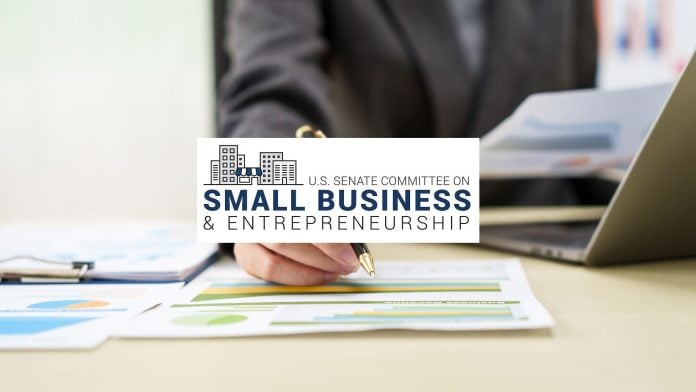Recent proposed changes by the U.S. Small Business Administration (SBA) are stirring concern among small business owners across the nation. Lawmakers, led by Senator Edward J. Markey (D-Mass.) and Representative Nydia M. Velázquez (NY-07), have expressed strong objections to these policies, arguing that they would severely limit access to financial resources for small businesses, particularly those owned by immigrants.
The SBA’s impending decision to close seven field offices in designated "sanctuary cities" is raising alarms about the potential fallout for local economies. Small businesses in these areas may face significant barriers in accessing crucial financing options, including 7(a) and 504 loans as well as Microloans. These loans are vital for entrepreneurs looking to start or expand their businesses. The proposed changes will also restrict access for businesses with noncitizen owners or employees, undermining the entrepreneurial spirit that is a cornerstone of the American economy.
In a letter addressed to SBA Administrator Kelly Loeffler, Markey and Velázquez argued that these changes break away from a quarter-century of SBA guidelines and could lead to a chilling effect on business growth. As they put it, “SBA’s policy changes are a solution in search of a problem.” They assert that there is no credible evidence suggesting widespread misuse of SBA financing among individuals without legal authorization.
Key Takeaways for Small Business Owners:
-
Access to Loans at Risk: The new policies could limit the availability of essential financing for many small businesses with immigrant ownership or staff.
-
Impact on Local Economies: Closure of field offices in metropolitan areas may degrade the support system that many entrepreneurs depend on, especially those in underserved communities.
-
Potential Discrimination: The updated loan eligibility criteria may compel business owners to make discriminatory decisions in hiring and recruitment based on citizenship status.
- Political Tensions: The changes are seen as politically motivated rather than focused on improving public safety or economic viability.
Markey and Velázquez emphasize the detrimental effects such policies may have on small business communities during an already tumultuous time for the economy. They highlight past problems with SBA funding being politically motivated rather than based on credible evidence. Their letter questions the rationale behind these significant policy shifts and seeks clarity from the SBA on how these changes were justified.
The lawmakers specifically pose inquiries about the agency’s departure from established practices, the implications this may have on lenders’ strategies, and whether the changes might unintentionally lead to discrimination against certain groups during hiring processes. They also question the potential negative consequences for immigrant entrepreneurs due to the relocation of SBA regional offices.
For small business owners, these developments warrant careful consideration. Many entrepreneurs rely on the resources provided by SBA offices to navigate the complexities of funding and financing their enterprises. Losing access to these resources could jeopardize the viability of businesses, particularly in areas designated as sanctuary cities where immigrant communities often thrive.
As this situation unfolds, small business owners should stay informed and consider advocating for a more inclusive approach to funding that does not penalize the very groups that contribute to the diversity and resilience of local economies.
The SBA’s changes, if implemented, may not just affect access to capital but could also redefine the entrepreneurial landscape in many American cities. Entrepreneurs are encouraged to keep a close eye on any updates from the SBA and to participate in discussions regarding these vital policy issues.
For further details, you can access the full press release here.
Image Via Envato: chuemoonrin



